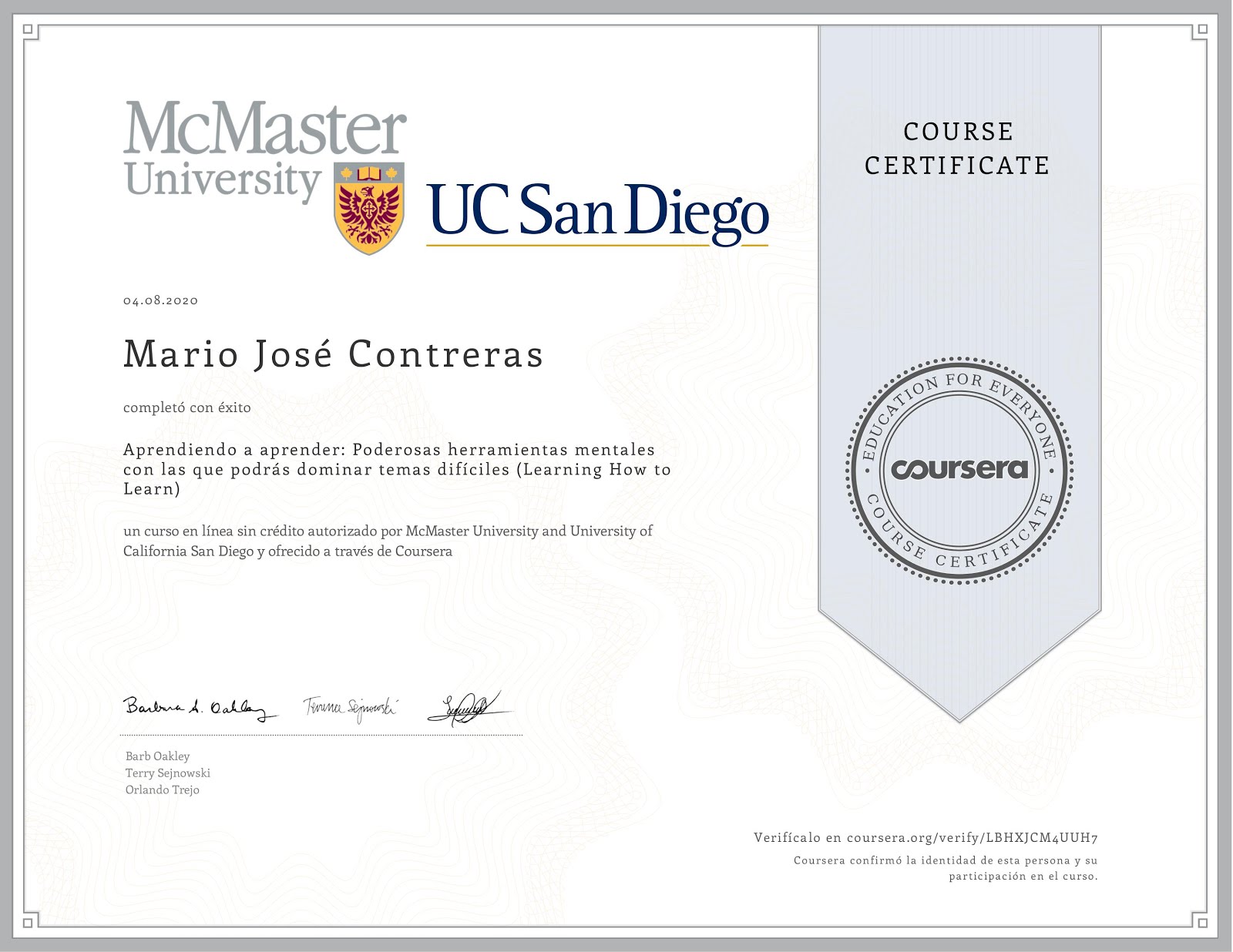 Es mucho más, entender qué emociones hay detrás de tus expresiones, de tu tono y comportamientos me permite ir en tu asistencia o brindarte mi apoyo para arreglar cualquier problema. Escasas cosas son tan fundamentales en esa conexión sensible en la pareja. La conexión sensible entre dos personas no parte solo del amor. Es más, el cariño no es la contestación a cada situación ni a cada problema. Así, la persona que no controla sus emociones y que se deja llevar por los enfados, la ira o los celos solo va a traer padecimiento a la relación. El hombre precisa sentirse comprendido; todos anhelamos que las personas que nos cubren sean siendo conscientes de nuestros sentimientos y necesidades.
Es mucho más, entender qué emociones hay detrás de tus expresiones, de tu tono y comportamientos me permite ir en tu asistencia o brindarte mi apoyo para arreglar cualquier problema. Escasas cosas son tan fundamentales en esa conexión sensible en la pareja. La conexión sensible entre dos personas no parte solo del amor. Es más, el cariño no es la contestación a cada situación ni a cada problema. Así, la persona que no controla sus emociones y que se deja llevar por los enfados, la ira o los celos solo va a traer padecimiento a la relación. El hombre precisa sentirse comprendido; todos anhelamos que las personas que nos cubren sean siendo conscientes de nuestros sentimientos y necesidades.¿Cómo puedo mejorar mi vida sexual como mujer que tiene relaciones con otras mujeres?
Esto puede ser una ocurrencia singularmente común para un individuo que medró en un ambiente narcisista o codependiente, cerca de cuidadores narcisistas o esos con antecedentes de trauma profundo de apego. Por ejemplo, estar en una relación (incluso una insatisfactoria) puede ofrecerles una sensación de "yo" al asumir los deseos o disgustos de su pareja. El cariño romántico, también popular como Eros en la terminología griega, es una manera de amor caracterizada por la pasión y la atracción intensa entre dos personas. El amor es una emoción y un fenómeno complejo que comprende una amplia gama de vivencias humanas. En su forma más básica, el cariño se refiere a un sentimiento profundo y afectuoso que se desarrolla entre las personas. Sin embargo, su alcance y manifestaciones cambian relevantemente según el contexto cultural, social y personal. En ocasiones, puede ser bien difícil comprender de qué forma marcha nuestro propio apego y de qué forma afecta a nuestras relaciones.
"Estamos juntos en esto"
Es en este nivel donde podemos presenciar una conexión profunda, intimidad y crecimiento juntos. El 5º nivel de amor se caracteriza por el deseo de ser útil y respaldar a tu pareja. Cuando se consigue este nivel, aprender leitura Corporal se comprende la relevancia de anteponer las necesidades de la pareja a las propias. Te esfuerzas por llevar a cabo su historia mucho más fácil y satisfactorio ofreciéndole actos de amabilidad y asistencia. La importancia de agradar estas necesidades reside en que el amor y la pertenencia son escenciales para nuestro bienestar emocional y bienestar psicológico. Cuando nos sentimos amados y pertenecemos a un conjunto, nuestra autoestima se hace más fuerte y nuestra satisfacción con la vida aumenta.
 When you’re stressed out, touching or stroking the neck indicators a pacifying habits. We all rub our necks on the back, the perimeters, and also beneath the chin. The fleshy area under the chin has nerve endings and stroking it lowers heart price and calms us. As we turn into more proficient at reading body language, it’s crucial to use this data ethically. Respect for privateness, avoiding manipulation, and recognizing the limitations of our interpretations are all essential concerns.
When you’re stressed out, touching or stroking the neck indicators a pacifying habits. We all rub our necks on the back, the perimeters, and also beneath the chin. The fleshy area under the chin has nerve endings and stroking it lowers heart price and calms us. As we turn into more proficient at reading body language, it’s crucial to use this data ethically. Respect for privateness, avoiding manipulation, and recognizing the limitations of our interpretations are all essential concerns.Two Standing Postures to Open Up Tight Hips
He additionally knows just how cautious we've to be in how we interpret body language. I stated head-to-toe, and that’s the place we are going to finish this tour of your body language cues. As I indicated above, shaking your legs communicates anxiety, and if you shake these legs you inevitably shake those ft. However, your toes can get you into hassle along with your physique language all on their very own. Tapping your toes is one way to present that you’re in a rush and anxious to get transferring. You might want to tap your toes if you’re making an attempt to get someone’s consideration and don’t want to say one thing rude. It’s slightly method of signaling that you’re feeling time pressured with out yelling or engaging in sarcastic eye-rolling.
Behavior Matching: The Subtle Art of Social Mirroring and Its Impact
From anger to anxiousness, fear to grief, embarrassment to disgust, facial expressions are one form of nonverbal communication that is thought-about universal throughout cultures and species (Keltner, 2009). Manipulating trial sequence to induce RS in mind areas that decode body language. The order of video presentation was controlled such that themes depicted in consecutive movies have been both novel or repeated. Each consecutive video clip was unique; repeated themes were at all times portrayed by different dancers, different digital camera angles, or each. Thus, RS for repeated themes was not the results of low-level visible options, but somewhat identified brain areas that had been sensitive to the specific meaningful theme conveyed by a performance. In mind regions exhibiting RS, a particular affective theme—hope, for example—will evoke a selected pattern of neural exercise.
Understanding Body Language and Facial Expressions
We spend our lives learning the method to decode other individuals's nonverbal cues. While we’re busy attempting to decode their messages, they're also making an attempt to decode ours. There are instances when you want different individuals to know precisely how you’re feeling, especially when these feelings are both optimistic and reciprocated. This isn’t at all times simple to do, significantly if you’re not a really emotive kind of person. At different instances, nonetheless, you definitely need to disguise your inner emotions.
How to Say No & Master the Art of Personal Freedom
Furthermore, over the previous twenty years infancy analysis has significantly informed psychoanalytic theory, and the ideas of symbolism and mental illustration have influenced both frameworks. Paralanguage is the nonverbal communications of your voice, similar to pitch, tone, and cadence. Often, we are in a position to hear how assured or anxious one feels by simply listening to their voice. By learning paralanguage, we will even master our own voices and give power to our words. Evolutionarily, when we see closed palms, our brains obtain indicators that we could be in danger—after all, the other person could be brandishing a weapon or hiding one thing dangerous.






